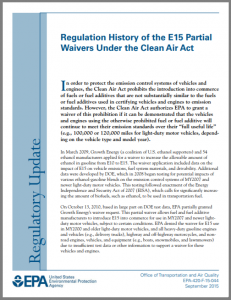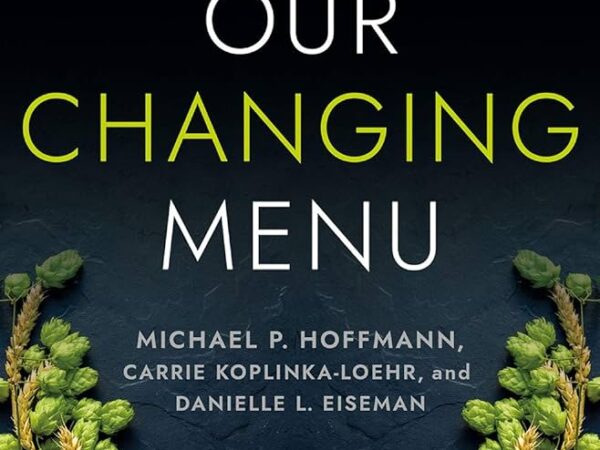
Conservation group: “simply not legal”

Donald Trump in Des Moines, Iowa, Photo by Alex Hanson via wikimedia cc 2.0
At a campaign-style rally in Iowa last week, President Trump threw the administration’s support behind farmers in the dispute over use of ethanol in gasoline in the summer months.
Trump announced that he has directed the U.S. Environmental Protection Agency to develop a rule that would allow the sale of gasoline with 15 percent ethanol between June and September.
Sale of the product known as E15 is currently banned during summer in most of the country out of concern for air quality, specifically smog.
The oil industry has long-been opposed to increased use of E15 and both sides have been active lobbyists in Washington.
Politically, Trump’s move is seen as a boost to farmers who have been hurt by the administration’s trade tariffs. In Iowa, approximately 50 percent of the corn crop goes to ethanol.
“Simply not legal”
“It’s simply not legal under the Clean Air Act to increase the year-round sale of E15 gasoline,” the National Wildlife Federation’s top executive Collin O’Mara said in statement.
The federation has an ongoing campaign against expanded use of ethanol and E15 saying in addition to the negative impact on air quality, its use creates additional land use at the expense of wildlife and habitat. Increased use of fertilizer can contribute to nutrient runoff that leads to harmful algae blooms like the ones that annually plague Lake Erie.
The U.S. EPA has spent approximately $75 million of Great Lakes restoration money to combat nutrient runoff from farms in Ohio since 2010 with minimal results.
NWF’s agricultural policy specialist David DeGennaro, told Great Lakes Now that “there is no wiggle room” for the EPA to deviate from the Clean Air Act on E15 and that to allow summer sales will require congressional action.
E15: Economic, environmental benefit

American Farm Bureau Federation President Zippy Duvall, Photo by Preston Keres via flickr.com cc 1.0
Farm bureaus reacted positively to Trump’s announcement.
“Today’s announcement by President Trump in support of year-round E15 sales is a win for American farmers and consumers,” the American Farm Bureau’s President Zippy Duval said in a statement.
Duval said the bureau looks forward to working with the EPA to implement the new rule.
The new E15 rule will “not only benefit rural America” Minnesota Farm Bureau President Kevin Paap told Great Lakes Now, “it will benefit the environment.”
Paap did not comment on issues related to the Clean Air Act instead saying that the announcement was a step in the process to increase renewable fuels.
The industry trade group Renewable Fuels Association in a statement called the summer ban on E15 “burdensome” and said “the decades-old regulation offers no environmental or economic benefit whatsoever.”
Challenging policy issue

Janet McCabe, Senior Law Fellow Environmental Policy and Law Center, Photo by Eric Vance USEPA
Janet McCabe told Great Lakes Now in the Obama EPA under Gina McCarthy the Renewable Fuel Standard (RFS) that governs ethanol for transport was a challenging policy issue because it involves differing views between competing industries, agriculture and oil.
McCabe is a Senior Law Fellow at the Environmental Law and Policy Center and was a senior EPA executive on air issues in the Obama EPA.
She said the agency’s role was to implement the RFS, also known as the Ethanol Mandate, in accordance with the law.
McCabe said it’s important to note that in the rulemaking process, “agencies often get deference when interpreting laws and under Administrator Andrew Wheeler the agency has paid more attention to procedural steps”.
EPA will still have to lay out a legal and technical analysis that shows how their interpretation complies with the law, McCabe emphasized.
The administration hopes to implement the rule allowing E15’s use in the summer of 2019.
————————
For more on corn as a transport fuel check out Great Lakes Now’s documentary The Ethanol Effect.
Featured Image: Discarded maze on the side of the road, Photo by Devendramanaskar via wikimedia cc 1.0





